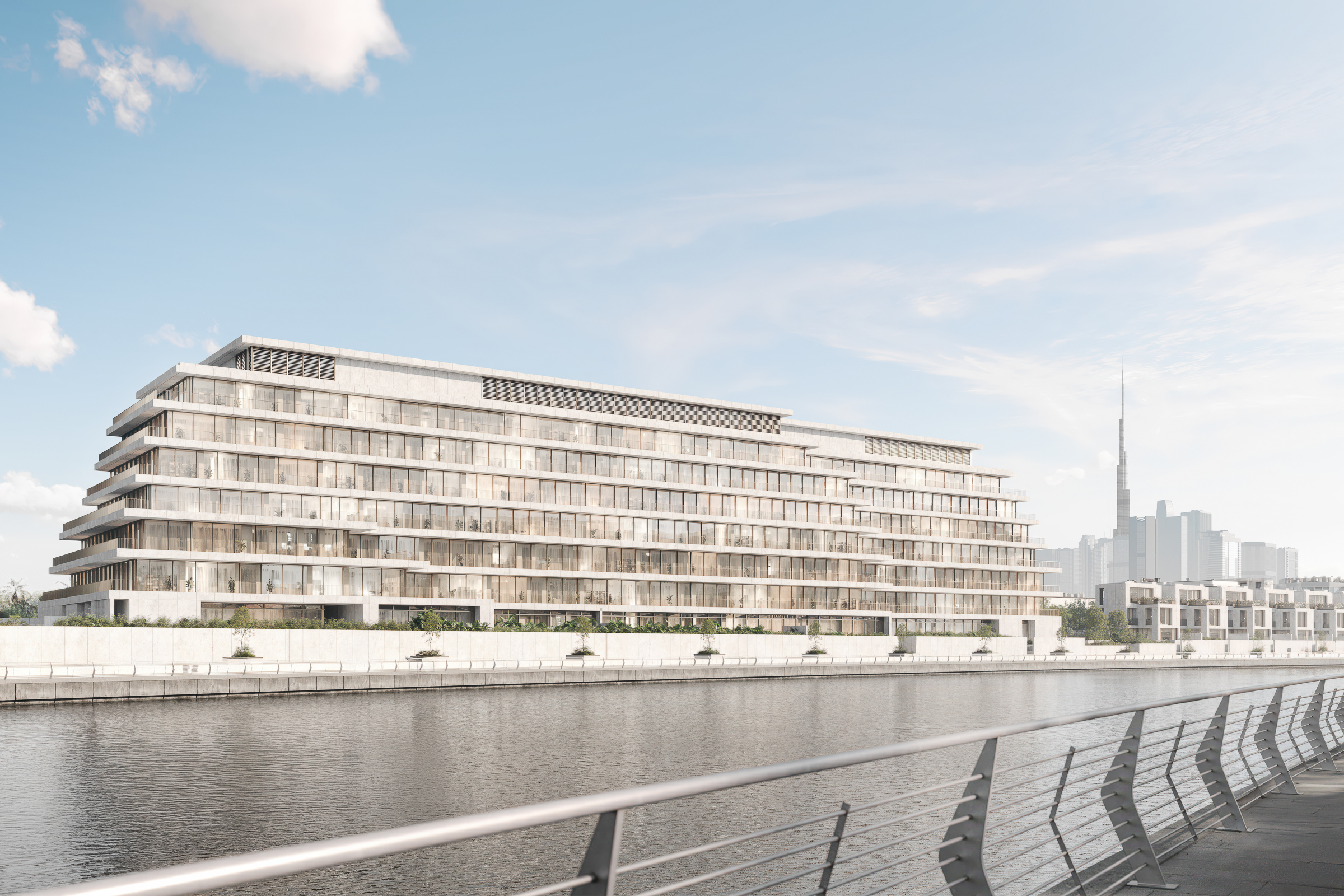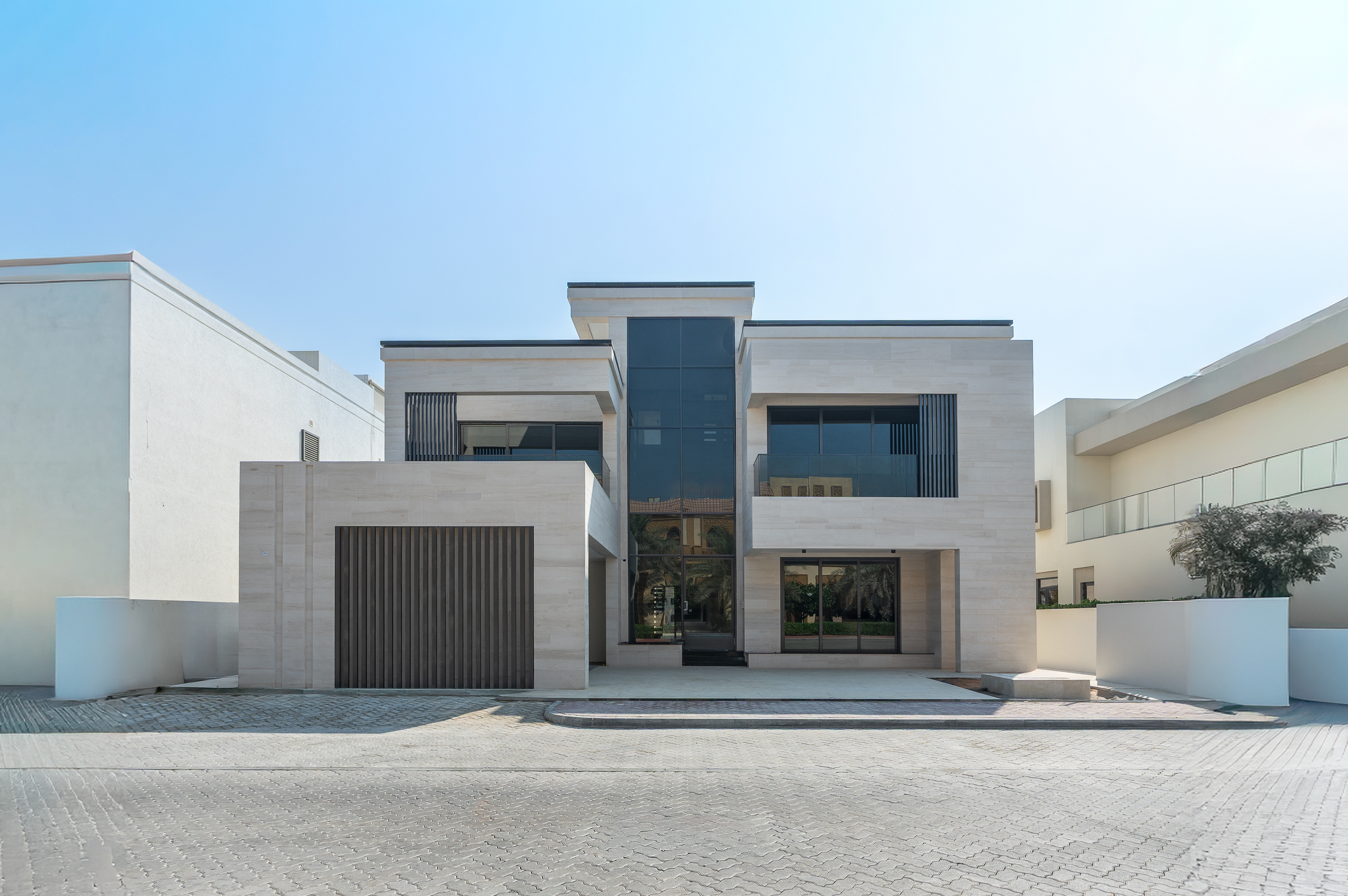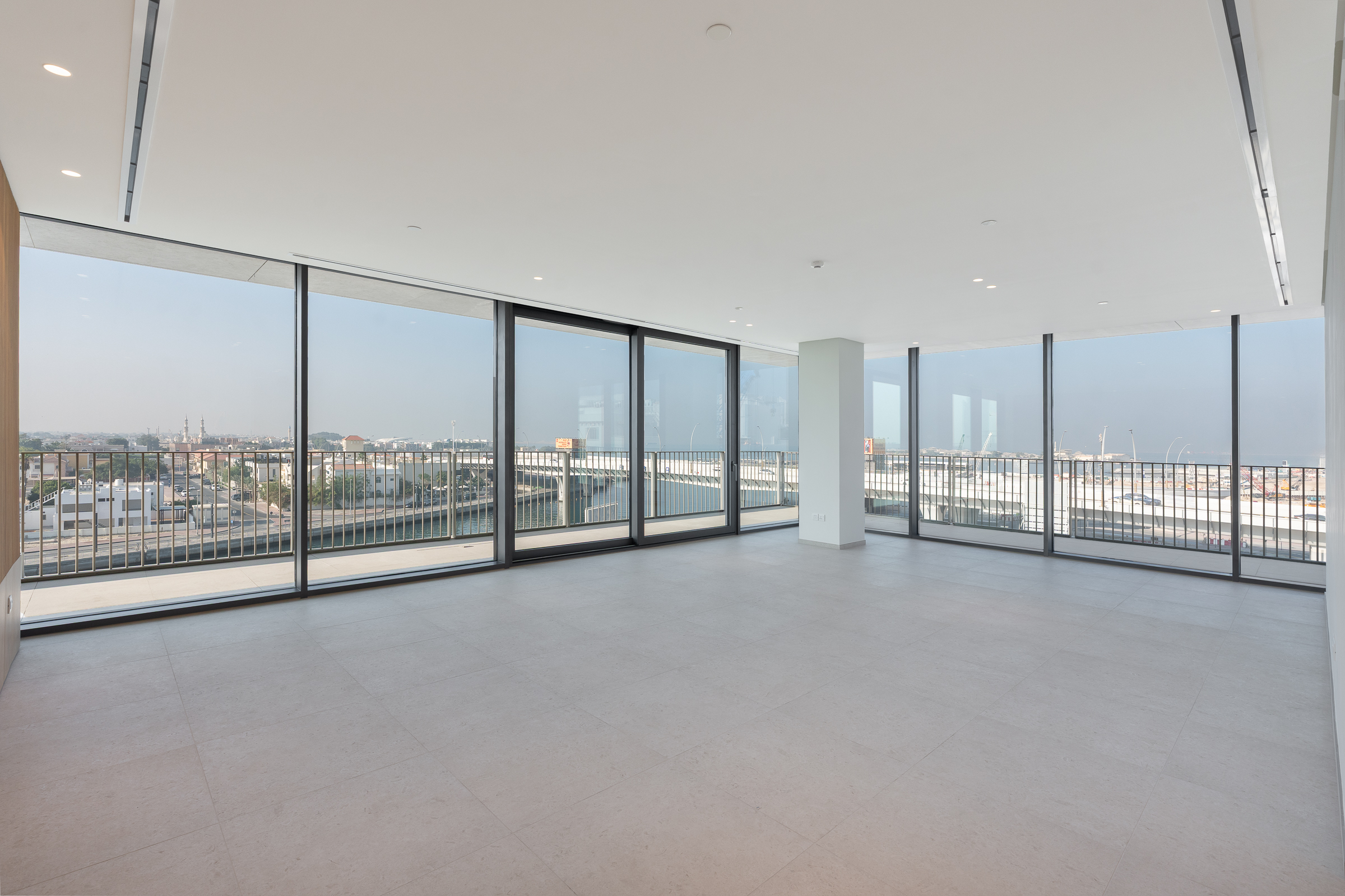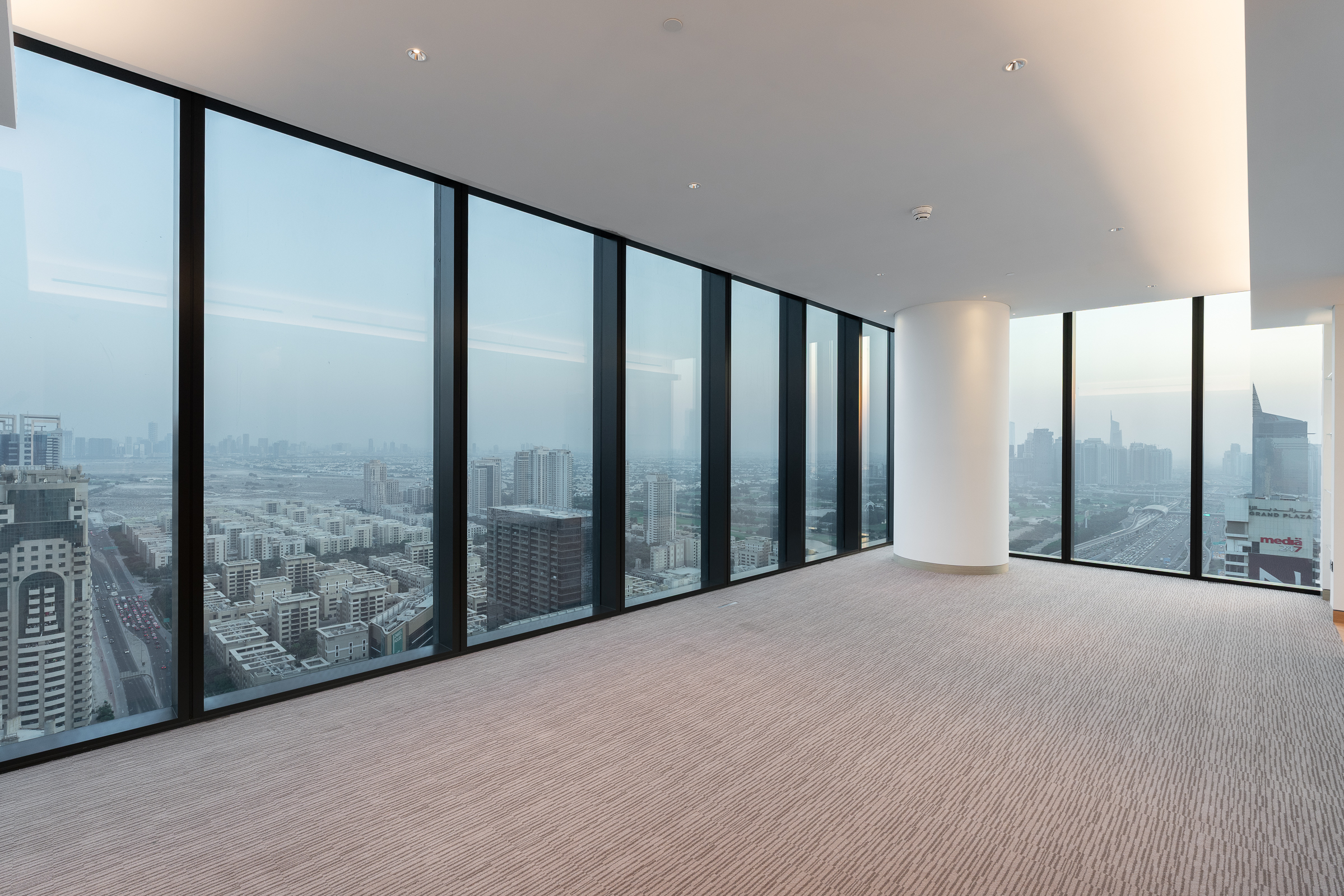Dubai’s property market has witnessed exponential growth since the pandemic, attracting many foreign investors and first-time buyers looking to capitalise on the expanding market. The real estate and construction sector now contributes nearly 14% to Dubai’s GDP, with many people choosing to relocate or expand their investment portfolio by buying properties.
How to Buy Property in Dubai
For first-time buyers, understanding the legal nuances and regulations of buying property in Dubai is essential for a smooth transaction. This guide outlines the complete procedure for buying property in Dubai from start to finish.
Legal Steps to Buying a Property in Dubai
1. Formulating a Contract Between the Buyer and the Seller
Once you identify a property, engage your real estate broker to negotiate the terms of sale with the seller. This includes discussing the selling price, mode of payment (cash or mortgage), and other essential factors. Entrusting this stage to a professional broker helps avoid disputes and ensures all terms are unambiguous, providing a seamless transaction process.
2. Signing Sale Agreement (Memorandum of Understanding)
The sale agreement, known as the Memorandum of Understanding (MOU) or Form F, outlines the terms and conditions, including the purchase price. Both buyer and seller must sign the MOU before a witness, typically the real estate agent, at the Registration Trustee’s office. The buyer pays a 10% security deposit to the Registration Trustee, which is refundable once the property transfer is finalised.
3. Application for a No Objection Certificate (NOC)
The buyer, seller, and agent meet at the developer’s office to apply for the NOC. This certificate confirms no outstanding service charges or obligations on the property. The seller will pay the required fees for the NOC and then the developer issues the certificate, clearing the way for ownership transfer.
4. Effecting the Ownership Transfer with the Dubai Land Department (DLD)
Visit the Dubai Land Department with the necessary documents to transfer ownership. Required Documents: - A manager’s cheque for the property price payable to the seller - Original identification documents (Emirates ID, passport) for both buyer and seller - Original NOC from the developer - Signed MOU (Form F)
The Four Types of Transactions
There are typically four main types of transactions when buying properties in Dubai, each with its own set of procedures and requirements. These transactions can range from straightforward cash deals to more complex scenarios involving mortgages and it is imperative to understand these, to avoid any roadblocks in the sales process.
1. Cash Buyer and Cash Seller (Manager’s Cheques)
This scenario is the most simple where the seller has no existing mortgage on the property and the buyer doesn’t require a mortgage to complete the transaction either.
2. Mortgage Buyer and Cash Seller
The legal steps will vary slightly if you’re buying a property with a mortgage. It is advisable to get pre-approval before you start looking for a property to buy. The Same procedure as with a Cash-to-Cash sale applies in this case, along with the following:
3. Cash Buyer and Mortgage Seller
There are additional complexities when buying a mortgaged property, including obtaining a liability letter from the seller's bank, settling the existing mortgage, and ensuring that all necessary documents are transferred between financial institutions and the developer. Once Form A and Form B have been signed the next steps are:
4. Mortgage Buyer and Mortgage Seller
This is the most complex out of the four types of transactions and involves a detailed coordination between both banks, the buyer, and the seller to ensure that the existing mortgage is settled and the new mortgage is properly established.















